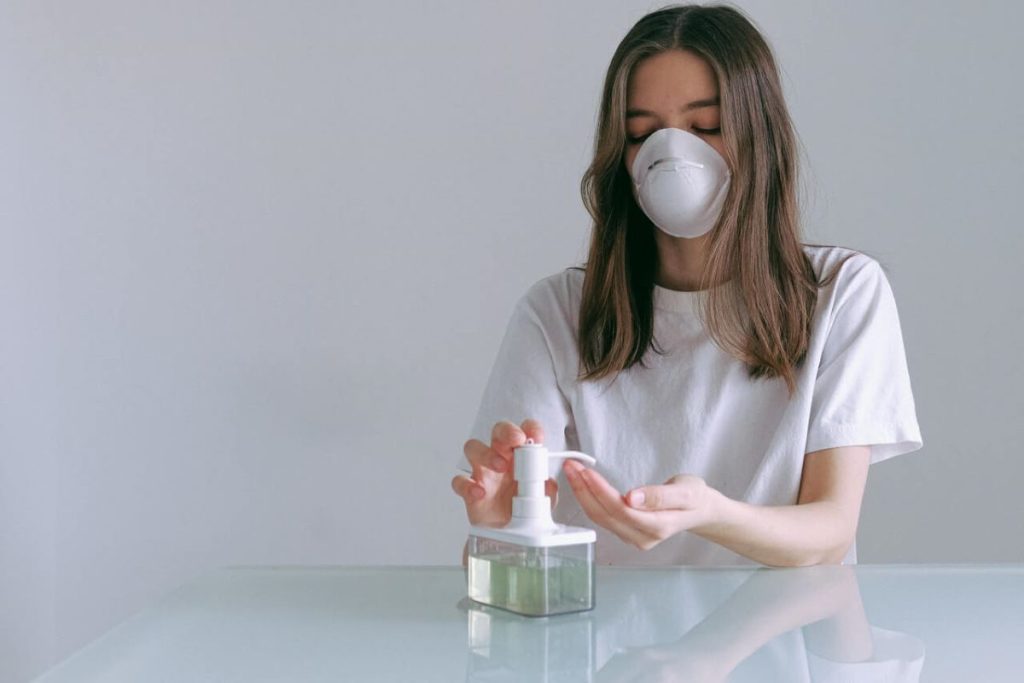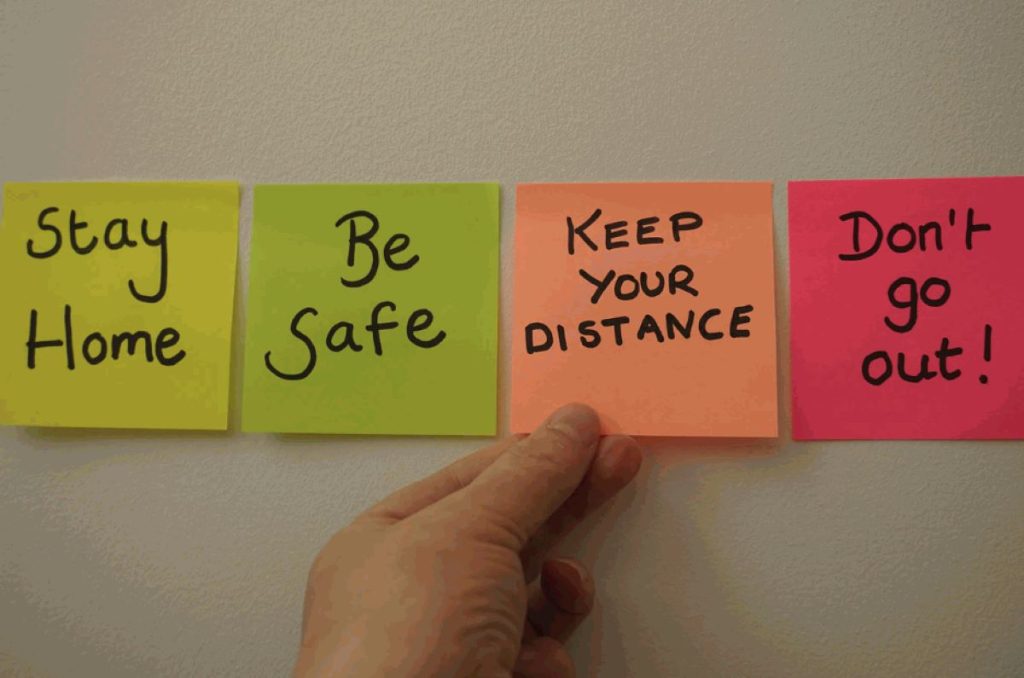With the rising cases of COVID-19 here in the Philippines, individuals should be more responsible and careful. Even though face masks and face shields are being used, extra measures shall be put into mind. Not yet vaccinated? Been traveling recently? Meeting up with friends or with co-workers seems to be inevitable. The body seems to be healthy, but you’ve been exposed to a COVID-19-positive individual? If all the answers to these questions are yes, then it might be a good action to monitor an individual’s health. People who are exposed to these, asymptomatic or not, should undergo quarantine to prevent the spread of the virus. For everyone’s safety, it is advisable to undergo a swab test for the whole members of the household right after the start of the quarantine and after 14 days of isolation. Isolate and monitor the health of the individual during the whole quarantine period. A relative, friend, or caretaker shall be informed when a person will undergo quarantine so that there would be an assist in case something else happens. There should be a person to talk to and update them from time to time. It would be better if there is also contact with a nurse, doctor, or an authorized official that could monitor the individual.
Prevent the spread of COVID-19. Here are things that you should do when you are in home quarantine:

Choose a Room to Quarantine
If choosing a room in one’s place, choose a room that has a bathroom. This way the person in need of isolation can do so properly without having to go out whenever going to the bathroom is needed. If a room with a bathroom is not available, choose the one closest to it. It is best to minimize any interaction with anyone in the household to prevent transmission of any form. Using their original personal room is convenient but it would be better to use a guest room if there are any available. The room should be well-ventilated, and it is suggested to keep the windows open for better circulation. If the room has complete necessities, the person would not be required to go out which means there would be less risk of transmission. If everything needed is already in the room, it would be safer for everyone.
Make a Bathroom Schedule if Needed
If a bathroom is outside the isolation room. It is suggested to have a schedule where the person in isolation can go out and use the bathroom. With this method, there will be no interaction with other members of the household at all. There may be times when bathroom calls are inevitable because bathroom calls are spontaneous. It is also an option to notify all members to only proceed to that place only when needed and with precautions such as wearing a face mask and disinfecting with alcohol.

Planning, Spacing, and Disinfecting
Crown Asia’s RFO house and lot are strategically planned so that common areas like the bathroom, bedroom, kitchen area, and living room are near and accessible to each other. As much as possible the infected individual should minimize going to the part of the house which is usually used by other members of the family. To also reduce the possibility of the spreading of infectious diseases, separate the things that will be used and needed. Disinfect the things that the person under observation has touched and used. Regularly sanitize the bathroom and bedroom area. When eating, it is advisable to have your own set of utensils to prevent the risk of more transmission. The food delivered to the room shall be placed on a tray and be left only at the entryway of the room to prevent contact.
Monitor Your Mind and Body
Monitor the body temperature, blood pressure, and oxygen saturation of the individual, especially if they are old or have existing health problems. It is optional and it depends on the condition of the individual. Keep track of the individual’s symptoms every day to make sure that they are not getting worse and to see if they have lost their sense of smell and taste. Not only that but members of the household should also observe what they are feeling just to make sure that no transmission has occurred. Make a record during day time and the nighttime. It shall include the date, time, and temperature.
Those who are in quarantine will more likely experience different psychological impacts. It could exacerbate existing mental illness or create stress, boredom, frustration, and anger. It is necessary to check up on those in quarantine and isolation and make sure to communicate with them even just through online messages or texts. Doing so could help in alleviating the stress and different psychological impacts they may feel.

Eat and Drink Right
14 days may seem to be too long and most people might find it hard to just stay inside a room for two weeks or more. The quarantine period may cause some panic but do not fret. Try different things that would take away the mind from overthinking and being bored. During day time, spend an hour or two doing exercises. Staying hydrated will give a lot of health benefits. Be sure to always have a separate tumbler or water container. Strengthen the immune system by taking the vitamins and minerals that are needed by the body. It is also recommended to get some sunlight for Vitamin D. Have a balanced meal and eat three times a day. Fruits and vegetables are always the right choices.
In cases where the result will be positive and the individual recovered, claim the certificate of quarantine at the respective local government units (LGU). By trying out all the things said above, there is a higher chance of recovering which means that the individual can spend life again and catch up with the new normal setup. Looking at the brighter side, the individual who recovered would have stronger immunity because the body already fought the virus.
Wearing a mask protects an individual, but there is still a chance to get infected. Get vaccinated. Religiously follow the health protocols especially when outdoors to prevent being a carrier and spreading the virus at home. Who would want an unsafe home? With Crown Asia, safety and security are one of their top priorities.
Related Blog: COVID-19 Variants: Should We Be Worried?


